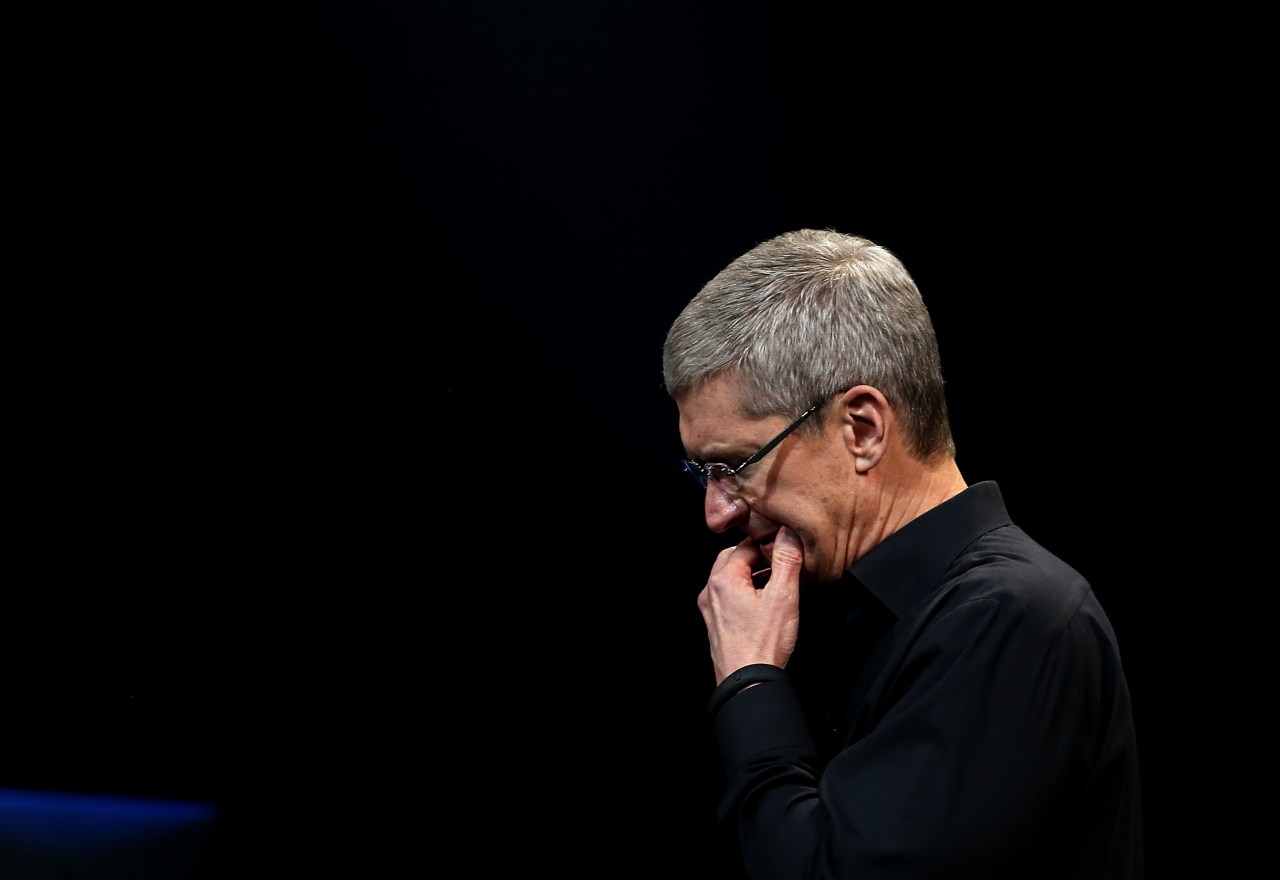With Apple positioned as a champion of user privacy, the recent revelations about vulnerabilities within its ecosystem invite a profound confrontation between its promises and reality. For a company that has thrived on the golden promise of privacy, the question arises: How robust is that promise really? This blog explores Apple’s ongoing challenges with privacy and technology, examining high-profile incidents, the generational shift in consumer expectations, and the implications for the tech giant’s future.
Vulnerabilities and Questions Raised
A watershed moment for Apple came when researchers discovered tangible security flaws affecting iPhone users. These vulnerabilities allowed malicious websites to exploit undisclosed software bugs, resulting in unauthorized access to personal data including location, contacts, and messages. Users who felt shielded by the proprietary nature of Apple’s technology suddenly found their trust shaken. Security breaches of this nature challenge the longtime assumption that Apple’s ecosystem is inherently safer than alternatives.
Privacy vs. Security: The Retail Paradigm Shift
Apple markets itself as a guardian of privacy in stark contrast to competitors like Google, which profits from advertising and relentless user profiling. But the revelation of humans listening to Apple’s voice assistant, Siri, peeled back the curtain on the reality of its data processing habits. In doing so, Apple inadvertently exposed a divide that many consumers are still grappling with—what constitutes genuine privacy versus mere compliance with regulations.
Industry Norm or Corporate Overreach?
- The practice of employing human reviewers for improving AI capabilities has become standard among major tech firms.
- In contrast, Apple’s branding emphasizes privacy, making its practice seem more intrusive when viewed in the larger industry context.
- In a world where trust is paramount, Apple’s lack of transparency regarding its internal review processes for Siri has spiraled into a public relations challenge.
A Shift Toward User-Centric Privacy
Responding to the criticisms of its Siri data practices, Apple announced reforms aimed at putting control back in users’ hands. With the changes, the default setting for Siri audio data collection will now require users to opt in rather than accepting an opt-out scenario. This is a step toward aligning their practices with data protection norms expected under frameworks like GDPR.
However, while encouraging, these reforms still pit user trust against Apple’s established approach of centralized control over data. The implementation of a more user-friendly interface that allows transparency over how data is handled is yet to be seen. It’s essential for Apple to embrace a dual approach that upholds both transparency and control while respecting user preferences.
Regulatory Challenges Ahead
As Europe tightens its grip on data protection laws, Apple finds itself facing two privacy complaints related to Siri, with critics asserting that the company has failed to uphold users’ data access rights. Compliance with robust regulatory frameworks is a necessity if Apple is to maintain its standing as a privacy advocate.
- Data portability and access must become standards rather than exceptions.
- Lack of proactive measures and transparency may lead to a loss of credibility in the long run.
The Road Ahead: Embracing a Transparent Future
In the quest for privacy, Apple’s journey is emblematic of a larger conversation in tech culture. Transparency is essential as the lines between privacy and technology blur further. Apple has a golden opportunity to genuinely set industry standards by adopting user-first principles, thereby creating a more robust framework for privacy.
For more insights, updates, or to collaborate on AI development projects, stay connected with fxis.ai.
At fxis.ai, we believe that such advancements are crucial for the future of AI, as they enable more comprehensive and effective solutions. Our team is continually exploring new methodologies to push the envelope in artificial intelligence, ensuring that our clients benefit from the latest technological innovations.
Conclusion: The Balancing Act of Privacy and Security
Apple’s commitment to user privacy is both laudable and critical given the current climate of data exploitation. However, in the ever-evolving landscape of technology, user empowerment can no longer be an afterthought. As new definitions of privacy emerge, companies must tread carefully, ensuring that their actions speak louder than their marketing promises. The intersection of user experience, privacy, and enhanced security is where Apple’s true test lies as it navigates its way forward.

